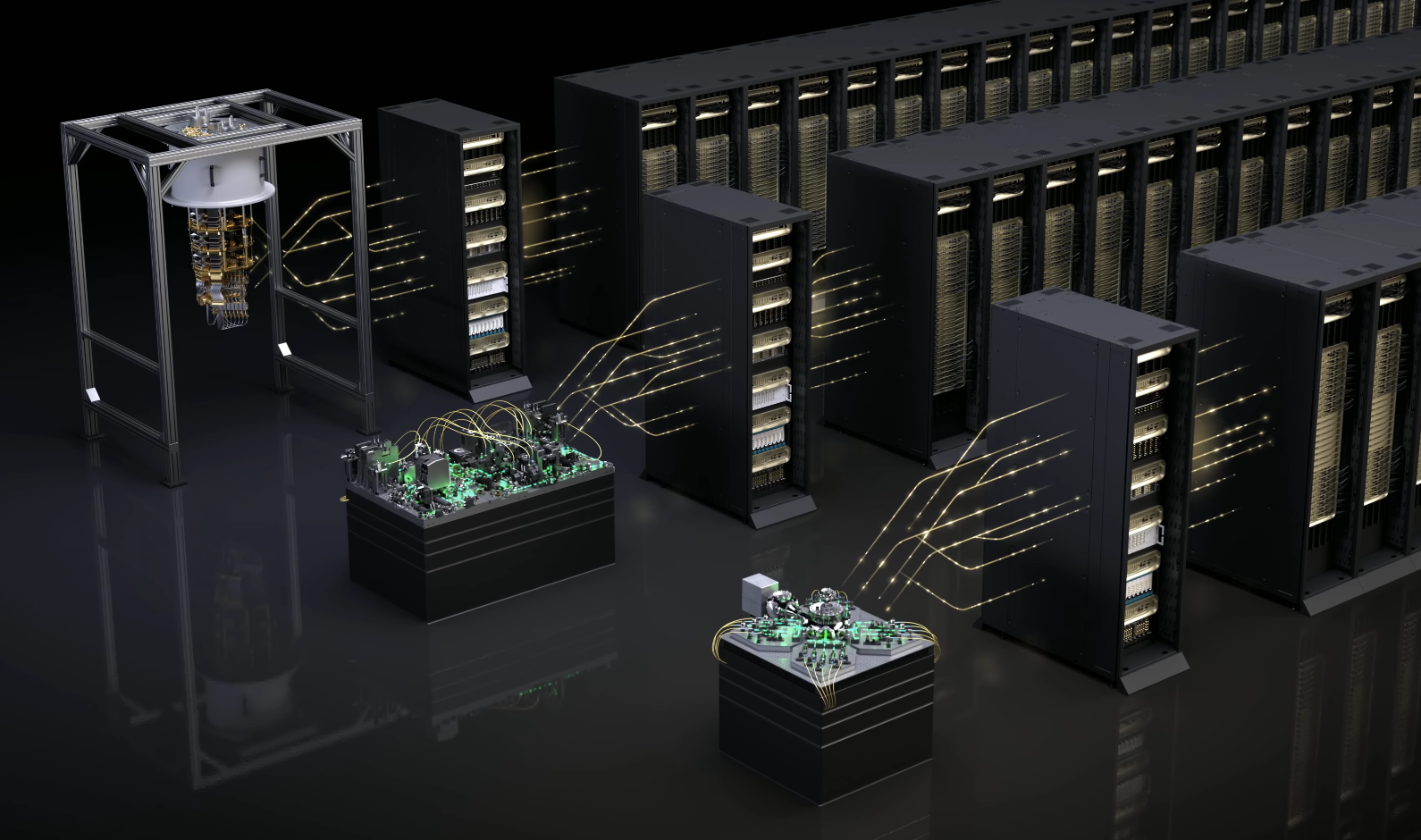
Nvidia, having established itself as the leading company in the realm of AI graphics processing units (GPUs), is now setting its sights on quantum processing units (QPUs) for further advancements in quantum computing.
AI dominance is seemingly not enough for Nvidia. The company is venturing into quantum computing to develop “accelerated quantum computing platforms.” Jensen Huang, Nvidia’s notable CEO, outlined this vision during a recent GTC keynote presentation, declaring that Nvidia GPUs will be crucial in unlocking the potential of quantum computing.
Huang described the challenges in quantum computing, specifically how individual bits, or qubits, are inherently volatile, surviving only a few hundred operations. He stated, “Solving meaningful problems requires trillions of operations.”
To tackle this challenge, Huang emphasized the need for quantum error correction, which involves additional entangled qubits that allow for error identification without damaging the critical qubits. In this framework, collections of these entangled qubits merge to form a single, error-corrected logical qubit within a QPU.
For optimal functioning, Huang noted that a direct connection between quantum computers and GPU supercomputers is vital, facilitating simultaneous error correction and artificial intelligence processing, thus signaling a promising collaboration between these technologies.
This ambitious roadmap implies a significant evolution in how quantum computing may progress in tandem with GPU technology, propelling Nvidia towards leadership in yet another technological frontier.
